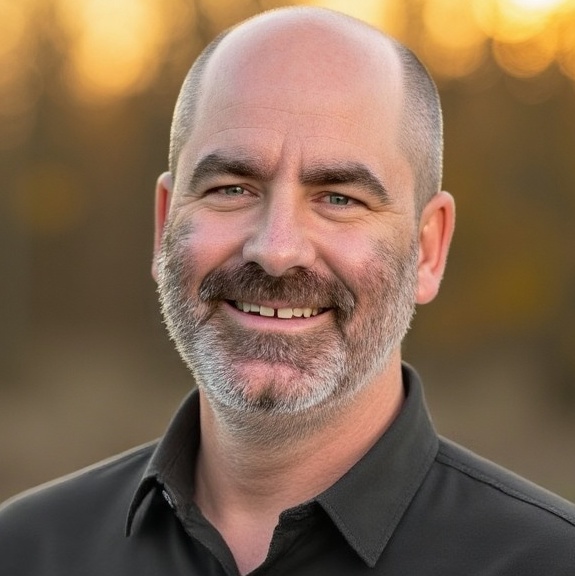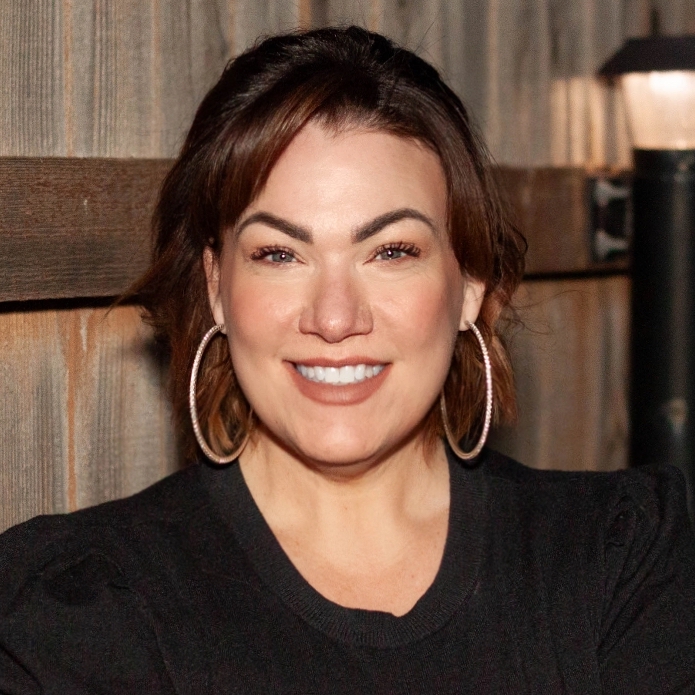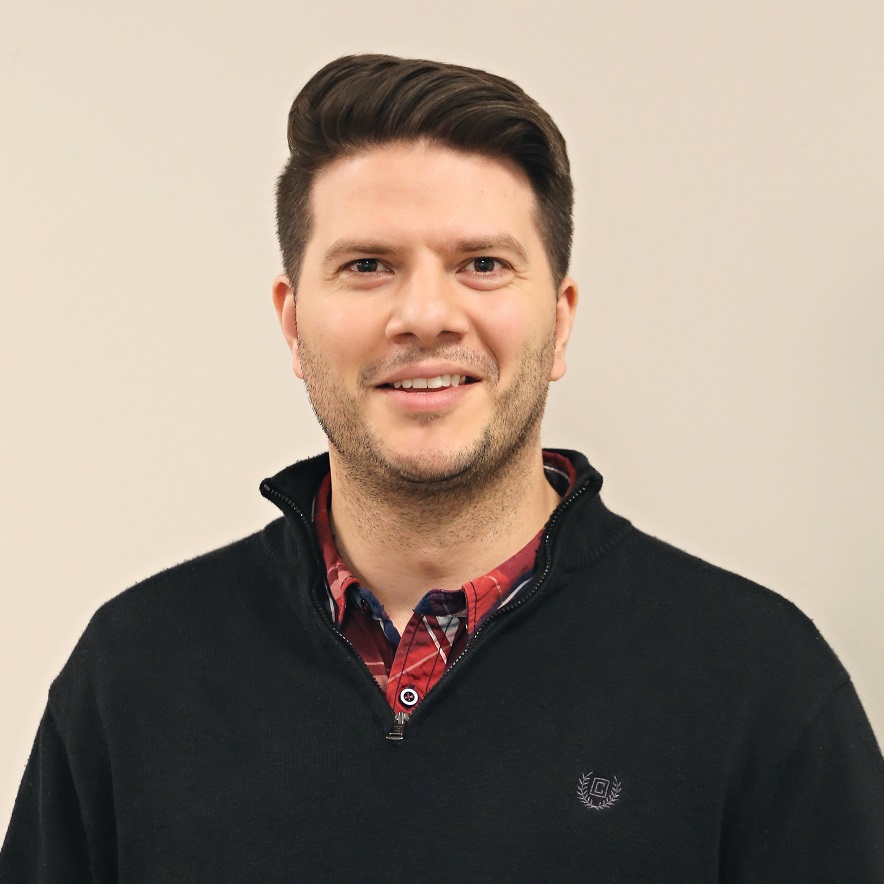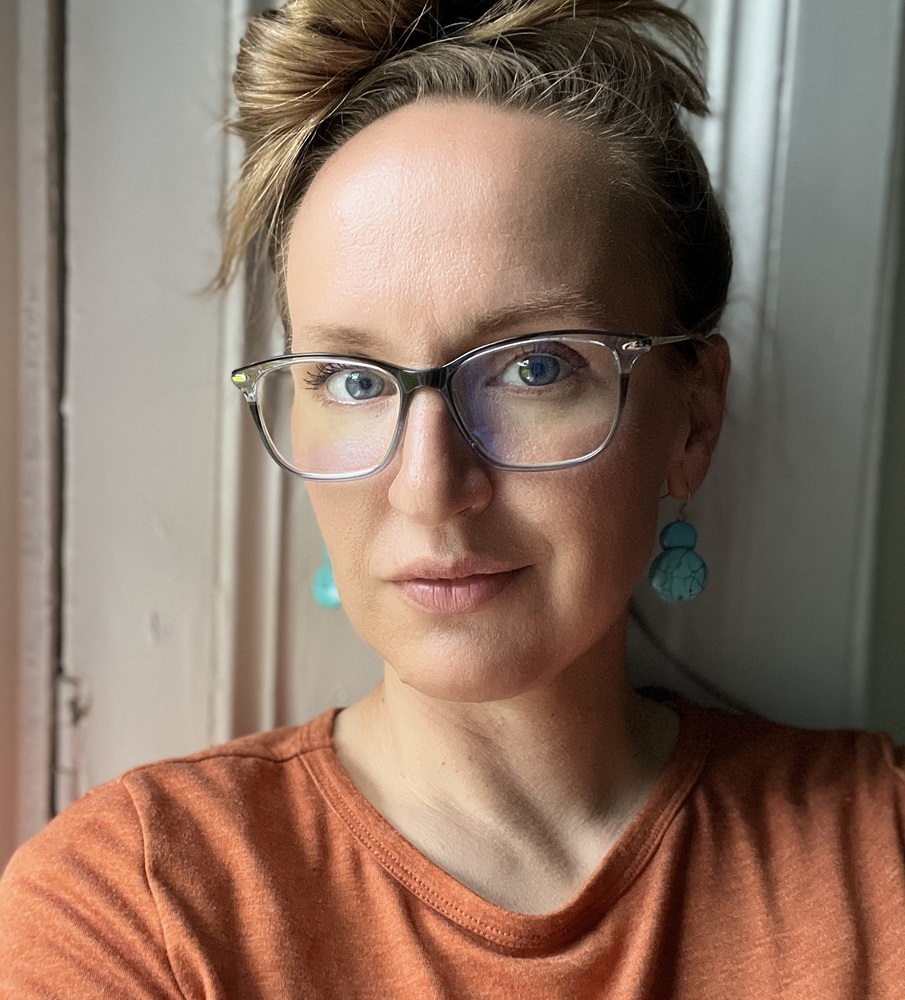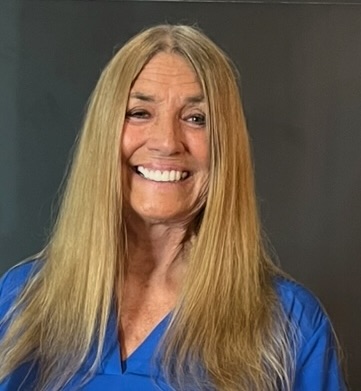
With Debbie Rasmussen
Thursday, February 12, 7 pm Mountain Standard Time
In this class we will cover the steps of writing and publishing a book. This discussion will include not only different ways to accomplish the writing process, but also what do once the manuscript is completed and authors find themselves in the what now? place. Debbie will touch on marketing but that is not her main focus; that crucial step comes once the book is published.
We will discuss IngramSpark, KDP, and other platforms just for their information. Our presenter’s preference is Ingram, however, recently, in order to get Amazon reports you need to upload print books to KDP – this has not been an issue in the past.
Bio: Debbie started writing in the seventh grade when she was twelve years old. She continued to write while raising her six kids, running a forty-four-year dance career, and various callings as a member of The Church of Jesus of Latter-day Saints. She wrote whenever she could grab snippets of time, and when she published her first book in 2014, had fifteen nearly completed novels in her filing cabinet. (Old school, I know.)
To date she has self-published eight books, and two as Ghostwriter she did not publish herself. She has a busy life which includes her grown children and spouses, her favorite seventeen grandkids ranging in age from eleven to thirty-two, and many wonderful friends. Writing, Content Editing, Ghostwriting, and teaching Self-Publishing is her full-time career.
In 2019, at the suggestion of Richard Paul Evans, Debbie updated her covers and the interior design of her Mystic Trilogy books; she did exactly as he outlined and launched them at Salt Lake City’s FanX that same year, kicking her sales into high gear. Richard later invited her to run the Facebook group for Author Ready, a new company he was launching. Within a year she was brought on to do Content Editing as an independent contractor. She started a Tuesday night Online Authors Group zoom call that has been running consistently for nearly five years.
In the process of doing Content Editing for dozens of authors, Debbie found that most needed help in the self-publishing area as well. So, she spent hours studying the ins and outs of self-publishing and outlined a seamless step by step process. She didn’t create anything – the steps were there. She simply streamlined them so it doesn’t seem so intimidating or convoluted.
Debbie is constantly researching self-publishing to find best practices that will benefit not only herself, but also the authors she works with.
Links:
Website: www.authordebbieihlerrasmussen.com


